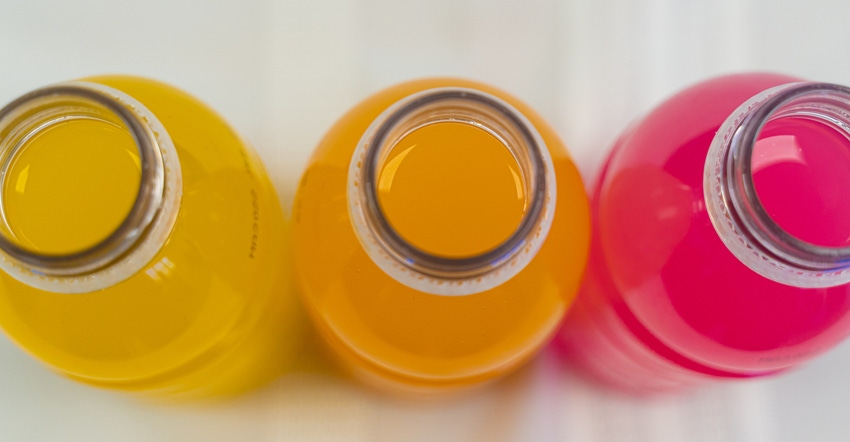FDA Proposes Food Additive Ban
The agency also will continue assessments of additional chemicals.
November 3, 2023

The US Food and Drug Administration has proposed to revoke the regulation authorizing the use of brominated vegetable oil (BVO) in food. The agency concluded that the intended use of BVO in food is no longer considered safe after the results of studies conducted in collaboration with the National Institutes of Health (NIH) found the potential for adverse health effects in humans.
BVO is a vegetable oil that is modified with bromine. It works as a soda and fruit drink additive that is said to help emulsify the drink contents, preventing them from separating, previously approved by the FDA to use in small amounts.
In 1970, the FDA determined BVO was no longer “Generally Recognized as Safe” (GRAS) and began overseeing its use under our food additive regulations. Over the years many beverage makers reformulated their products to replace BVO with an alternative ingredient, and today, few beverages in the US contain BVO.
Although BVO has a long history of use in foods and was at one time considered GRAS, FDA has continued to study it to understand any potential health impacts. Recent toxicology studies conducted in collaboration with the NIH have now shown conclusive scientific evidence to support the proposal to remove the FDA’s food additive authorization for BVO.
FDA is currently reviewing the color additive regulations authorizing the use of FD&C Red No. 3 in ingested drugs and foods (including dietary supplements) under the Delaney Clause of the Federal Food, Drug, and Cosmetic Act, which prohibits the FDA from approving a color additive that is ingested if it causes cancer in animals or humans when ingested. A decision from the FDA is forthcoming.
About the Author(s)
You May Also Like



